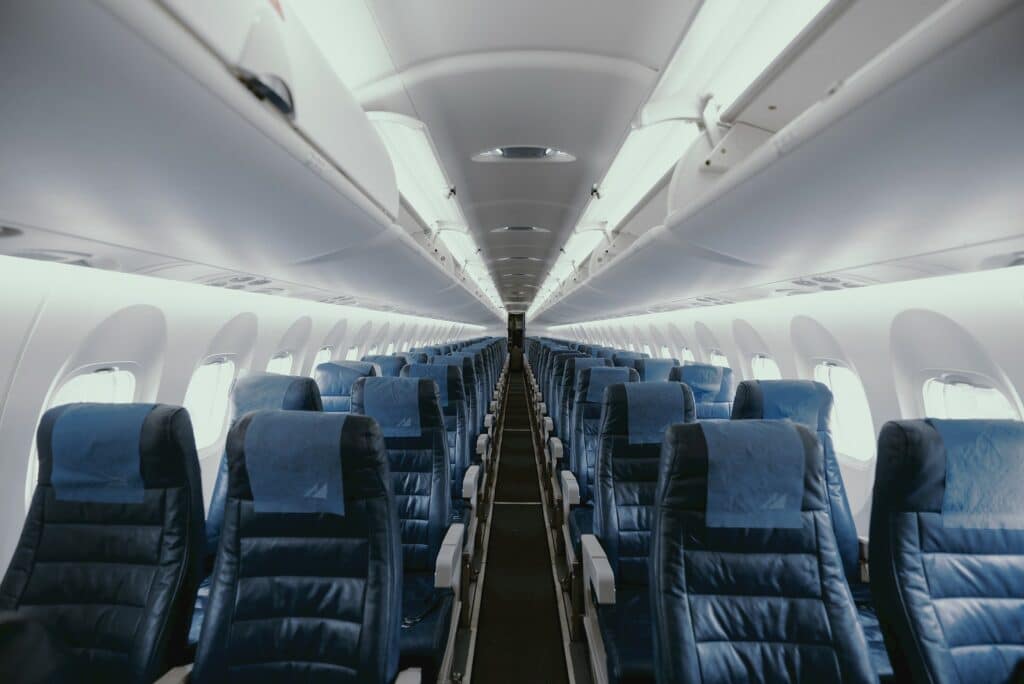According to the World Travel and Tourism Council, in 2020, 62 million travel jobs were lost. And although there is an optimism of an increase in demand that will lead to a strong recovery, many travel businesses are being hampered by staff shortages resulting from their employees leaving and finding work in other industries.
What can organizations do?
As travel businesses are happily looking toward a brighter future, the key to their success is still dependent on how well they can step up to meet impending new challenges and how well they embrace digital transformation.
Although predictions for 2022 indicate a travel boom, to avoid being caught off guard by the surge in demand, businesses will need to address the skill gap. How successfully they manage to do this can make the difference between barely surviving and thriving.
Digital transformation is just the beginning
With the current challenging climate, the need for smart digital solutions and processes has never been greater. Businesses that embrace technological advancements will have a competitive edge over those that don’t.
The key to success will be dependent on tracking and addressing these trends:
- Remote work – to address talent shortages and encourage employees to return, businesses should look for ways to facilitate this where feasible, for example, travel agents and customer service employees do not need a centralized office to do their work.
- Attracting talent – to attract and retain talent, businesses will need to make potential employees believe that the travel industry offers them career growth opportunities by offering training, reskilling, upskilling schemes where the focus will be to enhanced digital literacy by addressing the current and anticipated needs.
- Tech-empowered – travel will continue to grow and become more prevalent. Digital vaccine passports and real-time travel notifications are the new normal, but there will be further demand for contactless solutions and services such as check-in and boarding.
- Personalized services – an increased interest in personalized solutions and tailored guidance to meet travelers’ diverse needs offers businesses unique opportunities. For example, investing in apps that provide authoritative destination information tailored to unique user experiences, such as local, authoritative destination content.
- Downprioritization of corporate travel – many organizations have discovered an increased efficiency benefit with remote work resulting in less priority for extensive corporate travel. Some predict that business travel will never return to normal. Instead, there will be a continued need for online training, webinars, virtual and hybrid conferences.
A bright future?
As things start to tentatively return to normal, many businesses are looking at a brave new world with both challenges and opportunities.
The future may be uncertain, but there will always be a need for travel. And after having been restricted and landlocked since 2019, travelers are looking forward to visiting their loved ones again and dream of going to long-distance destinations.
In the short-term, digital solutions will help meet the increased need for guidance and personalized support brought about by the ever-increasing complexity of international travel requirements. Looking further ahead, travel businesses will need to carry on investing in digitalization and digital adoption solutions to meet the employee onboarding requirements that the contactless technologies and AR/VR solutions will bring.


